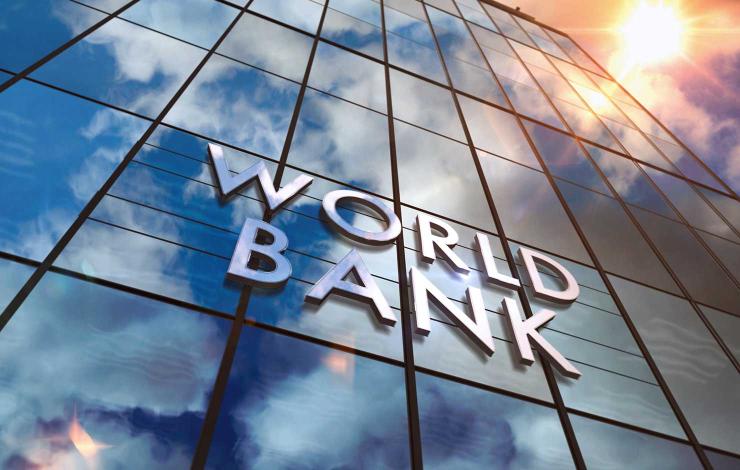

Disappointed by the paucity of open and free discussion at the World Justice Forum in Barcelona last year, I greatly welcome this WJP blog and its online rule-of-law community. Discourse on the rule of law is absolutely vital if answers are to be found to the pressing conundrum of how to properly spread and strengthen the rule of law. Furthermore, it is essential that that discourse take place both within the rule-of-law industry itself and between the law and multi-disciplinary, civil society.
It has become all too evident that 'top-down, technocratic solutions' (to use the words of Caroline Sage and Michael Woolcock) to institutional deficiencies are not the answer. Despite the best of intentions, copious amounts of money and, seemingly, the best advice available, this type of rule-of-law building by prominent players in the field has seldom produced stable democracy, long-term economic growth and the rule of law.
Two prominent protagonists in this field, professors Michael Trebilcock and Ronald Daniels, are scathing of the “decades of both practical experience with and scholarly reflection upon legal reforms in developing countries”, which they say “at the end of the day.... are remarkably inconclusive”. Thomas Carothers of the Carnegie Endowment for International Peace and even a World Bank report confirm this malaise.
Similarly, in his recent book, 'Reforming Justice - A Journey to Fairness in Asia', Dr. Livingston Armytage, opines that: "Over the past fifty years ....... overseas development assistance - foreign aid - has grappled with the challenge of improving 'the rule of law' with underwhelming and often dismal results around the world."
Aid organisations are often more interested in the next project than learning lessons from previous ones, and participating lawyers are as uninterested in development as university professors are averse to applied policy research. Thus, the rule-of-law industry appears as dysfunctional as many of the legal systems it works to improve.
Even more discouraging for proponents of justice is the seemingly unrelenting erosion of legal principles in the US. Professor Niall Ferguson of Harvard University, says, “Americans could once boast proudly that their system set the benchmark for the world; the United States was the rule of law. But now what we see is the rule of lawyers, which is something different.”
I wholly agree with Professor Ferguson when he states, "The answer ..... must come from the associations of civil society …... in short, from us: the citizens."
OpenTrial recognises that it is the interface between the law and society which is the fundamental determinant of whether the rule of law takes hold. For this reason, our emphasis is on information provision, transparency, accountability, public scrutiny and societal engagement, as these - unlike the quick-fixes of the rule-of-law industry - help to irrevocably change social dynamics in favour of the rule of law.
Accordingly, I would like to see the WJP directly engage with societies suffering from weak rule of law. Instead of holding WJFs in expensive, Western European, five-star hotels, for instance, why not challengingly stage them in WJP-financed, open justice centres in countries where injustice and human rights violations are endemic?
Because I consider it very unlikely that significant rule-of-law spread and enhancement will originate from within legal systems or the rule-of-law industry, I see multi-disciplinary dialogue in this area as vital. Engagement with civil society is paramount and, by way of example, two of OpenTrial's recent initiatives fully recognise this fact. We are currently working on developing a fair trials smartphone app., that will allow lawyers, NGOs and lay observers to assess trials based on a list of fair trial criteria and rapidly upload their assessment to websites open to public scrutiny. We are also working on publicly accessible databases that will expose the workings of the judiciary, police and prosecution service. Recruitment processes, training, codes of conduct, disciplinary procedures, whistle-blower policies and so on, as well as individual profiles that feature wealth audits, career history, conflicts of interest, etc. will all be included. These will enable multi-disciplinary society to bring legal systems to account and, therefore, deter corruption and violence that is often endemic within such systems.
Needless to say, I greatly look forward to receiving feedback, questions, ideas and other innovative solutions we have not yet thought of, from readers from a whole variety of disciplines and backgrounds all over the world.

